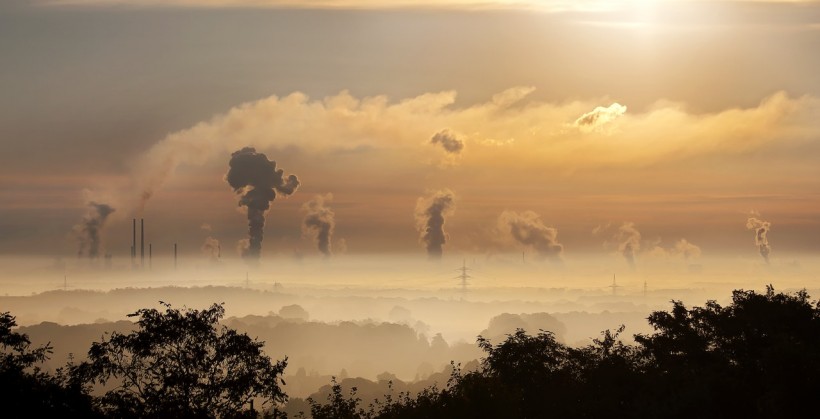Out of four million global premature deaths caused by air pollution, one million cases are reported in China alone. The effects of air pollution also made the nation's economy to suffer due to pollution-related crop failure. According to Earth.org, the level of air pollution in major urban communities in China at the turn of the 21st century is almost comparable to the level of London during the Industrial Revolution in 1890. Extreme air pollution is also considered to be a consequence of economic transformation in the country for the past 30 years.

China wins the battle against air pollution
Data from the Atmospheric Composition Analysis Group of Washington University of St. Louis in Missouri reveals a rise in the average annual PM2.5 exposure in China during the late 1990s. It has levelled out in 2006 until it has steadily declined since 2013. From its highest level of 60 micrograms per cubic meter, its current average annual exposure becomes 33.33. Although it falls below the country's air-quality standard of 35 micrograms per cubic meter, it is still much higher than level 5 as recommended by the World Health Organization.
Winning the Battle Against Air Pollution
Due to the serious effect of severe air pollution on human health, China has declared war against air pollution through different environmental solutions. Over the past 20 years, it has become the target of the Chinese government to address the nation's poor air quality. Under the air-pollution prevention and control action plan released in 2013, industrial emissions in the country fall under strict standards.
The government prohibits the operation of new coal-fired power plants and shuts down old plants in heavily polluted areas. It has also decided to reduce the iron-and-steel-making demands in the country. In major cities such as Shanghai, Shenzhen, and Guangzhou, restrictions are made regarding the allowed number of cars on the road in order to curb vehicle emissions.
As part of the climate policies for air-quality improvements, the Chinese government also commits to provide natural gas or electric heating systems to households that still depend on coal in heating their homes.
READ ALSO: China's Air Pollution Kills 64,000 Babies in the Country Per Year
Future Challenges and Climate Change Actions
Despite all these efforts, China recognizes its vulnerability to climate change. According to a research study published by peer reviewed journal PNAS, climate change and other related extreme environmental conditions could possibly increase the severity of pollution in China. It is therefore challenging to manage the air quality in the country amidst the prevalence of climate change. As poor weather conditions could possibly increase due to climate change, China responds by improving its climate change solution with the goal of making the country carbon-neutral by 2060.
These environmental measures, however, come at a cost as billions of dollars are needed to fund the programs to reduce emissions. But given the health and economic consequences of air pollution, the output of the government's environmental programs offset these costs.
The rapid improvement in China's air quality has played a significant contribution in global climate action. The London School of Economics and Political Science reports that China works in partnership with EU to establish a political framework for long-term climate change strategies. It has also strengthened its collaboration with the US as they work together for improved climate solution in the 2020s.
RELATED ARTICLE: China's Climate Pledge: President Xi Pledges to Stop Overseas Coal Financing to Limit Heat-Trapping Emissions
Check out more news and information on Air Pollution on Science Times.














